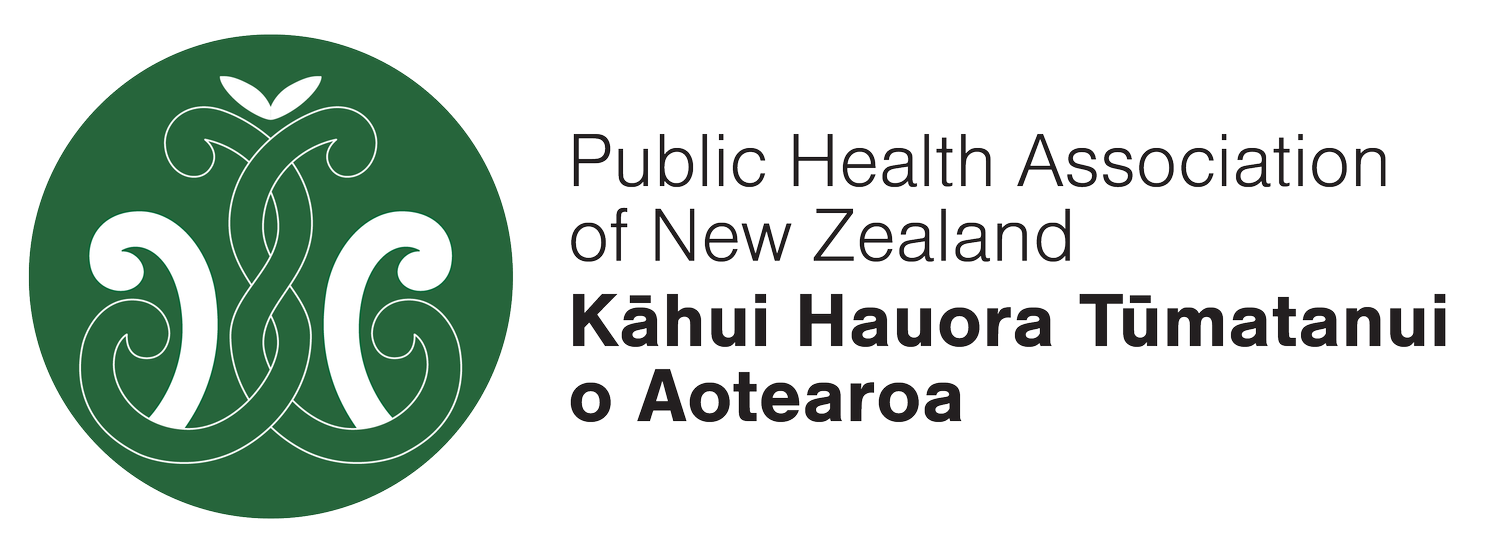REDUCING THE GENDER PAY GAP
Author: PUBLIC HEALTH ASSOCIATION OF NEW ZEALAND
In May 2025, the government passed the Equal Pay Amendment Bill, significantly changing how pay equity claims can be made. This amendment was framed by the government as a way of reducing red tape and supporting businesses; however, there are real concerns about the impact that this will have for gender pay equity in Aotearoa New Zealand. The changes make it harder for women and gender-diverse people to challenge unfair pay, especially in sectors like aged care, education, and disability support—roles that are essential to public health and wellbeing.
As Te Tiriti partners, the Crown has a duty to uphold equity and to actively protect Māori. Any law that further disadvantages wāhine Māori and other equity-seeking groups in the workforce undermines these obligations. The introduction of the Bill without broad consultation, particularly with those most impacted, further compounds this breach.
The gender pay gap has been officially measured Stats NZ since 1998. While the gender pay gap has reduced from 16.3%, there still exists significant differences in pay based on gender (as of 30 June 2024, the gender pay gap was 8.2%). The pay gap is also significantly higher when considering ethnicity—Māori wāhine experiencing a pay gap of 21%, with 24% for Asian women, and 24% for Pacific women.
Research commissioned by the Ministry for Women in 2017 found that the majority of the gender pay gap (between 64.4 percent and 83.4 percent) cannot be explained by factors such as education, work experience, job type, location, or other personal or job characteristics.This “unexplained” gap is most likely driven by conscious and unconscious bias.
The Equal Pay Amendment Bill weakens the tools needed to recognise and correct the historic undervaluing of women’s work. It limits which roles can be used for comparison, allowing only those with similar duties rather than those of similar value. This significantly raises the threshold for establishing undervaluation and creates barriers to justice. What once enabled progress—like the landmark Care and Support Workers Pay Equity Settlement Act 2017—is now being rolled back.
Low pay can act as a barrier to individuals and their whānau being able to access basic necessities, including healthy food, safe housing, healthcare, and education. This leads to stress, undermines mental health, and worsens child wellbeing. Māori and Pacific women, who are overrepresented in low-paid care and education roles, are particularly impacted. This law threatens to widen existing inequities, in clear breach of Te Tiriti o Waitangi and our obligations in Aotearoa New Zealand to uphold equity and active protection for Māori.
When care workers are underpaid and overworked, public health suffers. Services become harder to deliver, staff leave, and the people who need care, including our tamariki, our kaumātua, and our whānau with disabilities, face more delays, more stress, and more harm.
So, what can we do?
We must hold onto the progress made through the introduction of the Care and Support Workers Pay Equity Settlement Act 2017, which has contributed to increased wages for women, improved staff retention, and sent a strong message that women and gender-diverse people matters.
This is a public health issue, and PHANZ members and the public health sector have a vital role to play. It is important we continue to use our voices to call for the repeal of the Equal Pay Amendment Bill, support the workers and unions challenging this change, especially for those in undervalued roles who keep our communities healthy. We must continue to emphasise to the government that public health depends on equity, and that equity must be built into the policies and legislation that shape people’s lives.
The PHANZ also acknowledges the formation of the People’s Select Committee, which has been established by a group of 10 former women MPs from across the political spectrum to hear submissions from individuals and groups who were not able to be heard on the Equal Pay Amendment Bill 2025 (given the Bill was passed under urgency). This initiative is providing a platform to examine the regulatory, economic and social impacts of the Bill, through consideration of evidence provided by those directly affected and the public.


